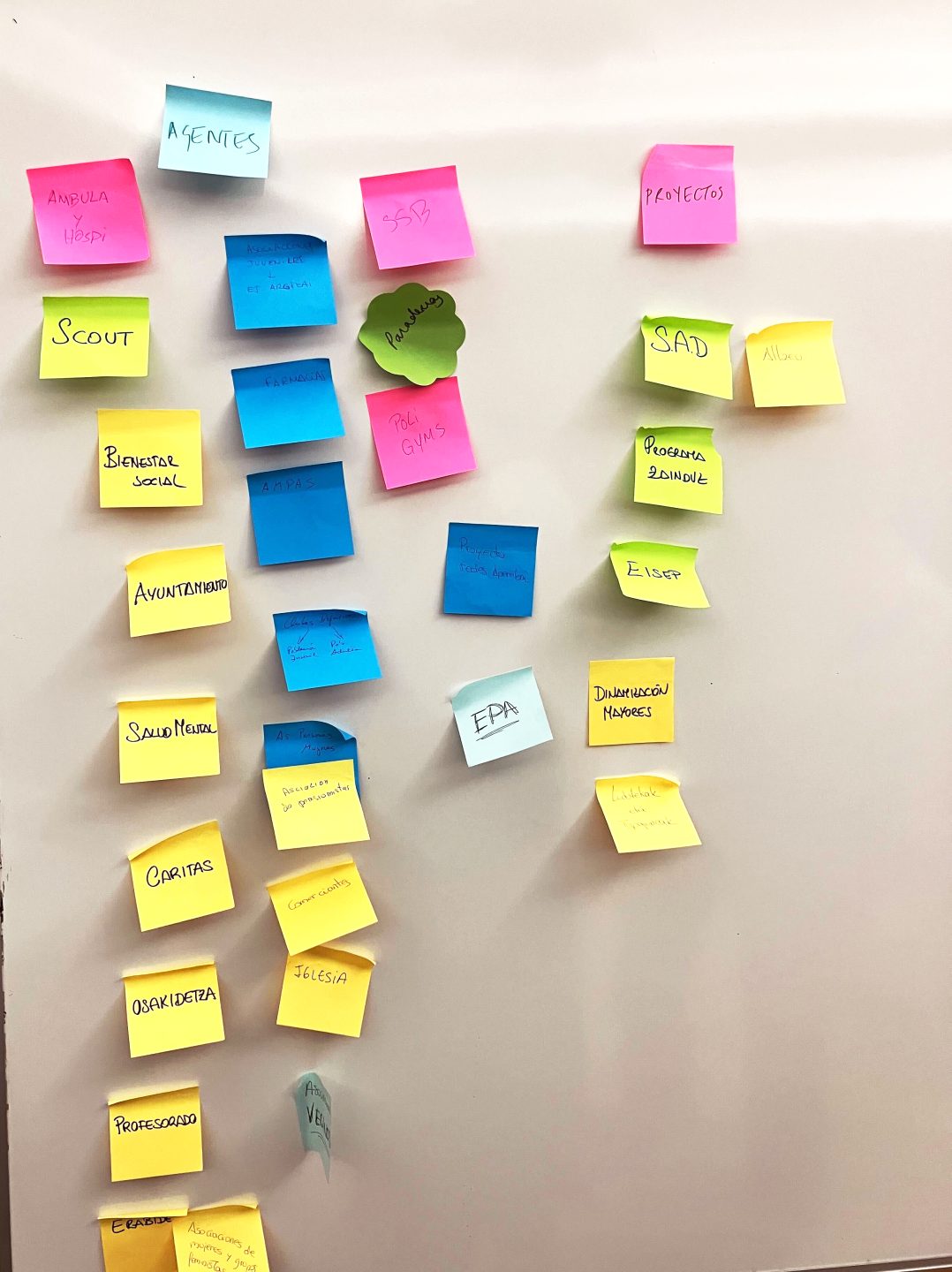Categoría News

K-Tool 2.0: AI to support social transitions
Home News
K-Tool is evolving in two dimensions: on the one hand, it is improving its management, information loading, comprehension, and usability; on the other, it is incorporating Artificial Intelligence to enhance narrative analysis, automate processes, and support decision-making in complex social ecosystems.
In recent months, K-Tool has entered a new phase of development as a platform for addressing complex social challenges from a collaborative approach. Designed to facilitate ecosystem mapping, deep listening, narrative analysis, and experimentation portfolio management, the tool is progressively integrating Artificial Intelligence capabilities into all its modules.
The incorporation of AI has two main objectives: to automate information loading and organization tasks, and to enhance the deep and segmented narrative analysis that until now was applied manually. This translates into functional improvements such as automatic audio transcription, analysis of relevant images, videos, and texts to better understand existing social dynamics, extraction of significant quotes and detection of narrative patterns, generation of profiles (different positions on the same reality), and the possibility of prompting the dataset using an intelligent assistant, the K-Pilot.
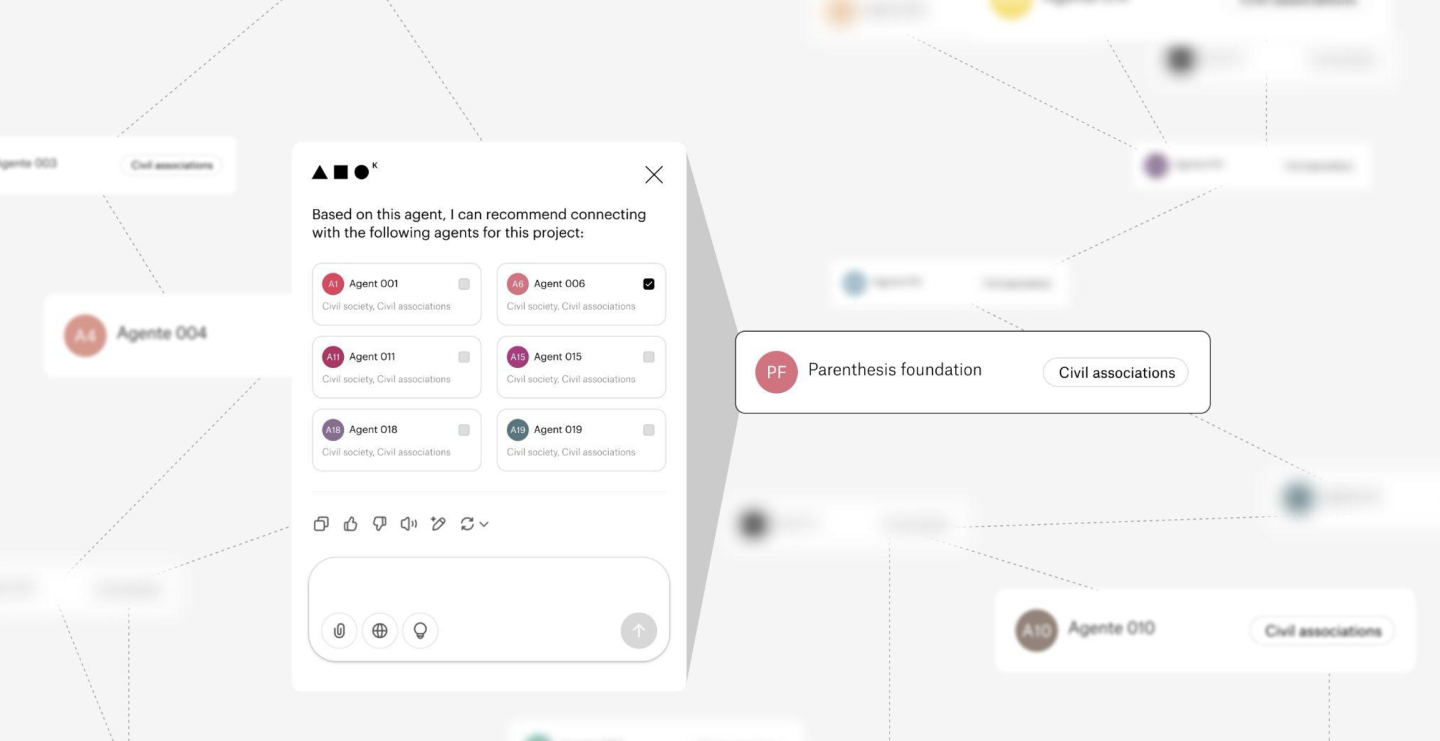
Following the methodological criteria developed by the Agirre Lehendakaria Center and AC4-Columbia University over more than 10 years of experience in narrative analysis and the inclusion of the cultural dimension of social innovation processes - tested in more than 20 countries and at different scales-, it will include a developmental evaluation panel that shows how perceptions evolve over time and whether or not the project portfolio responds (or partially responds, or contradicts) to the different narratives and perceptions.
K-Tool will also make it easier to integrate relevant agents and suggest automatic connections between projects and actors, facilitating the detection of synergies and gaps in ecosystems. All these functionalities will have real-time validation and verification options, constantly feeding the model to ensure that automation acts as a support and not as a substitute for the work carried out so far. Alongside these functions, we are working on improving accessibility and use, with a new, clearer landing page nd more accessible to different audiences and the incorporation of explanatory guides.

These new features, whose development will continue in the coming months, will reinforce the cultural and anticipatory dimension of K-Tool, increasing its usefulness for decision-making in complex contexts. The qualitative datasets identified and generated for the different projects will allow us to capture nuances, diversity, and social changes, enriching the data with socio-cultural context and temporal tracking, necessary for effective narrative analysis.
Looking ahead, the data generated in the various processes will enable us to model and simulate potential impact scenarios: from direct project effects to adjacent impacts (e.g., rising housing prices) or narrative transformations. This will open the door to large-scale assessments of more significant changes in social perceptions.
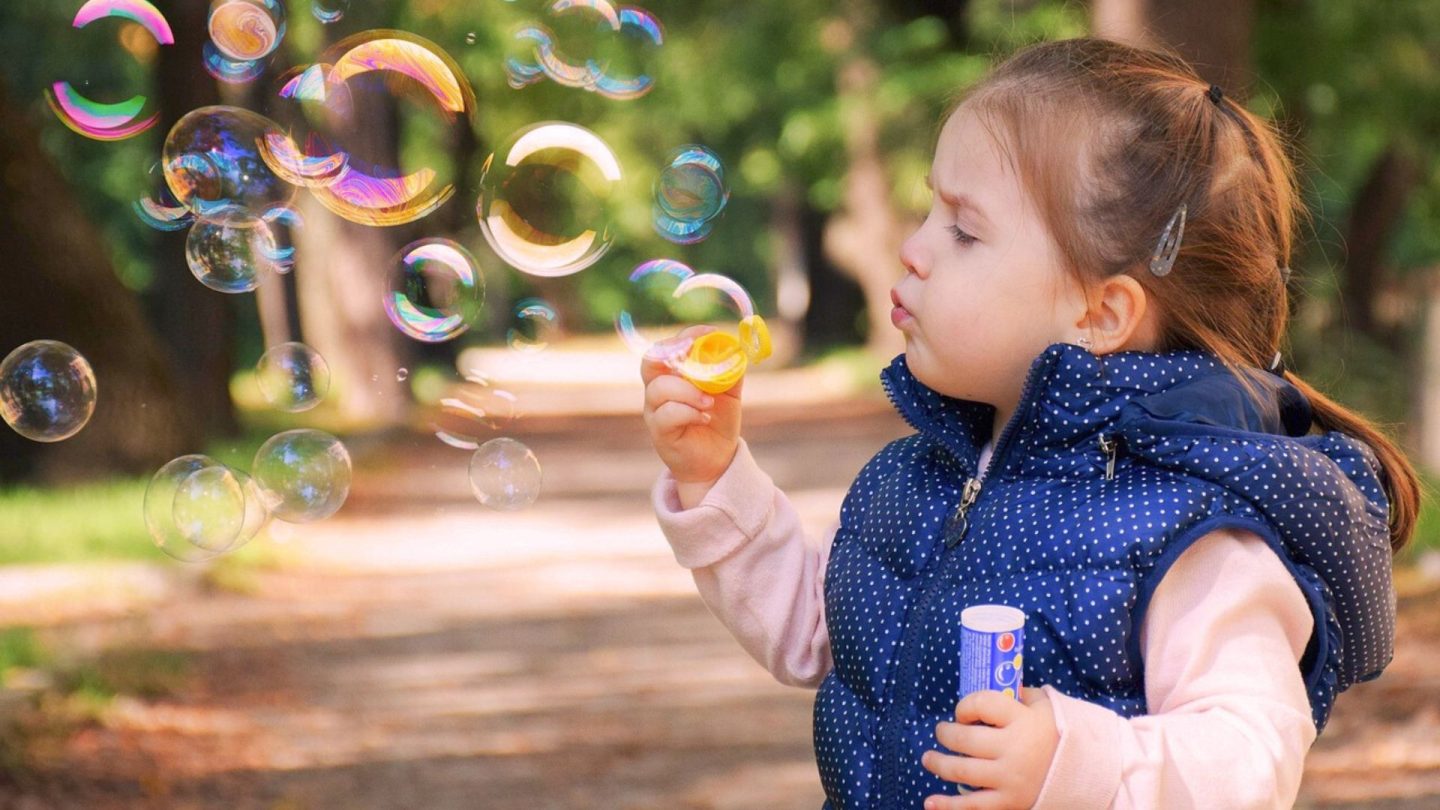

Lokarriak: Learning Community at Fundación Argia
Home News
On September 16, Argia Fundazioa hosted the first session of the Lokarriak Learning Community, in which ALC conducted a workshop aimed at strengthening the role of people who act as a link between the community and social organizations.
This first session focused on sharing community experiences and introducing the basics of systemic mapping, a key tool for understanding the complexity of local contexts and visualizing possible connections between actors, initiatives, and needs.
The learning itinerary will continue with a second session focused on systemic mapping and an introduction to community listening, and will conclude with a third session working on community listening and collective interpretation.
Lokarriak play a fundamental role in promoting local transformation processes, as they facilitate the creation of bridges between individuals, groups, and institutions. Their role not only helps to identify needs and opportunities in the area, but also contributes to building trust, fostering collaboration, and strengthening the sense of belonging within the community.


No. 2 of K magazine is now available
Home News
Transforming care is transforming the system
Care has been placed at the center of the great challenges facing our society. For this reason, in this second issue of K magazine we dedicate a space to reflect deeply on the future of care in the Basque Country, from a plural and critical point of view.
In this edition, we count on the participation of thinkers, researchers and collectives that approach care from different angles. For example, Pikara Magazine provides a clear and necessary analysis in its article Basic concepts to understand care, which invites us to understand the social and political dimension of this issue.
We will discover the situation of care in the Basque Country thanks to Euskal Herriko Bilgune Feminista, which presents the current reality of care in our society through multiple and curious data.

On the other hand, Gotzone Olarra analyzes how Basque society faces a care system that is still deeply unequal, highlighting the urgent need for transformation.
In “Mujeres en la sombra” we will discover the crucial role of migrant women workers in the front line of care. These women face a vulnerable and complex reality that society must recognize and value. The analysis has been developed by Emgaili Jatri.
These are just some of the many contributions that make up an edition that invites us to rethink and transform the care system to build a fairer society.

Connecting the Dots: Collaborative Mapping of Ireland’s Mental Health Ecosystem
Home News
Rethink Ireland and ALC support the digital mapping of the Irish mental health ecosystem
As part of the ongoing collaboration between Agirre Lehendakaria Center and Rethink Ireland, a new working session with members of the Community of Practice (CoP) on Mental Health took place on 24 June. The session, which brought together around 25 participants, focused on advancing the collective mapping of key actors and relationships within Ireland’s social innovation ecosystem in the area of mental health.
Following an opening that emphasised the importance of active and sustained participation, the group revisited key insights from earlier phases of the process. Here, mapping is understood not as a static exercise, but as a dynamic tool to visualise interdependencies, identify gaps, and strengthen strategic connections across a diverse network of actors.
In small group discussions, participants explored the relationships between their own organisations and other relevant stakeholders. This exercise helped reveal patterns of interconnection, organisations that appeared across multiple maps, and some notable absences. It also prompted reflection on how to engage actors who, despite their thematic relevance, have not yet become involved in the process.
After visualising these interconnections using the K Tool, participants recognised its value in better understanding their own positioning, accessing information about other organisations, and making the ecosystem’s dynamics more visible.
The session closed with a shared reflection on which actors should be prioritised in the next phase of the listening and co-creation process, as the CoP continues to evolve and deepen its collective work.

ALC and Rethink Ireland promoting systemic change in mental health
Home News
After the workshop held in Dublin on February 26-27, ALC and Rethink Ireland continue their collaboration to implement a systemic change approach in the field of mental health in Ireland.
During the meeting, facilitated by ALC, we worked with the Rethink Ireland team and key players in the sector on tools such as system mapping, deep listening, collective interpretation and co-creation. One of the key moments was the presentation of the K Tool, a platform for visualizing and analyzing narratives to better understand system dynamics.
This new phase of collaboration will focus on mapping the Irish mental health ecosystem, listening to stakeholders and beneficiaries, and co-creating new interventions that strengthen the collective impact of the sector. The entire process will be accompanied by ALC with a “learning-by-doing” approach, aimed at generating sustainable, people-centered impact.
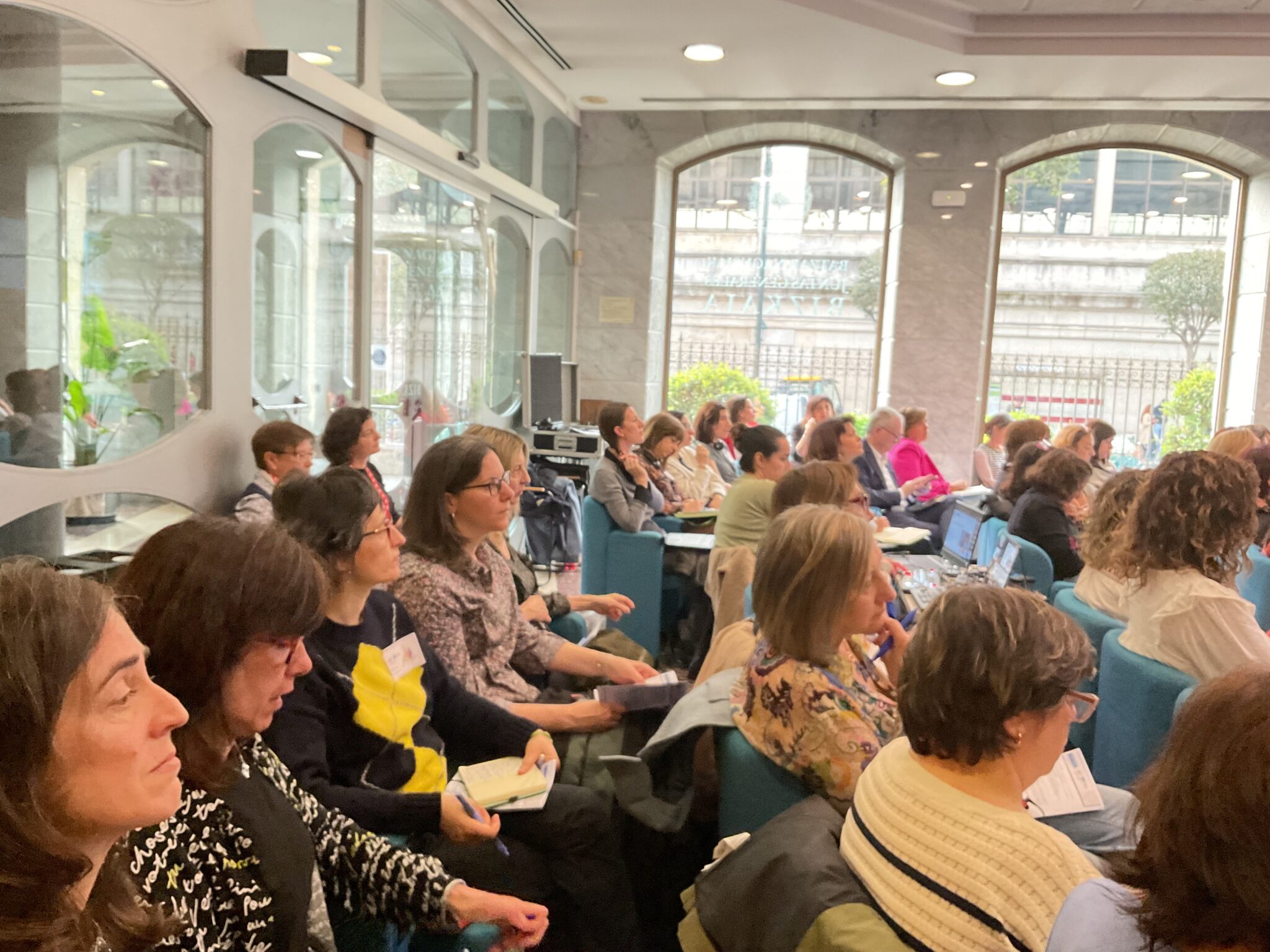
HENKO NET 2025: Innovation and Community in Palliative Care
Home News
On May 14th, we took part in the HENKO NET, BILBAO 2025 workshop, organized within the framework of the European Interreg Sudoe program at the headquarters of the General Assembly of Bizkaia. More than 180 participants—both in person and online—came together to reflect on the future of more human, innovative, and community-centered palliative care.
Our colleague Itziar Moreno presented the K-tool, an adaptive governance proposal designed to strengthen innovation through participation and deeper connection with community processes.
The event highlighted that technology must be an ally, not a substitute, for human care, and that the community plays a key role in moving toward a more holistic, anticipatory, and dignified model.
In line with our work, the workshop confirmed that transforming care is only possible when built on listening, collaboration, and shared values.
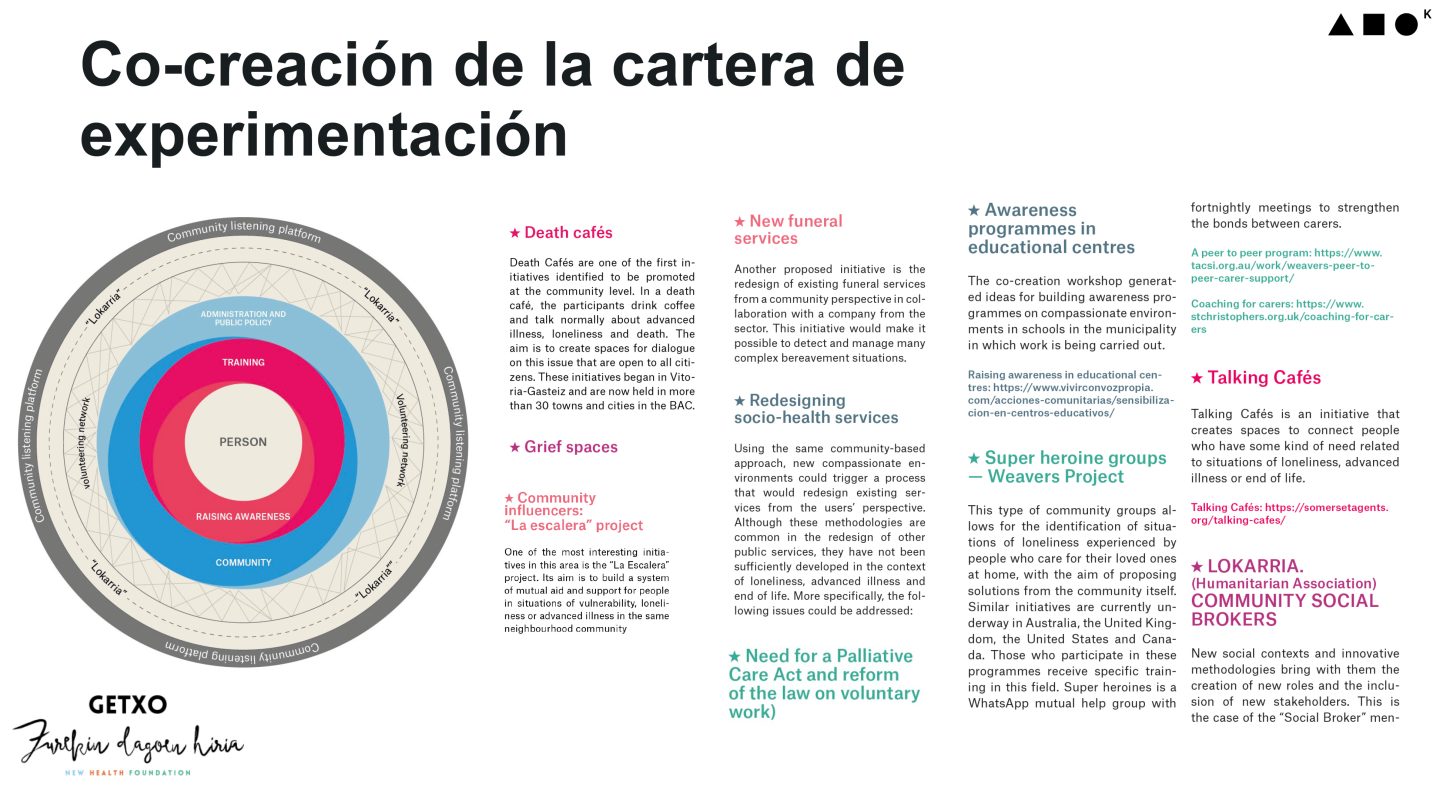

A community approach to care in Galdakao
Home News
On 11 March, Agirre Lehendakaria Center was invited by Galdakao Town Council to facilitate a session focusing on care work in the town.
The event brought together various key actors, such as the health centre, Caritas, Zainduz, the senior citizens‘ centres, the pensioners’ platform and a retired doctor, among others, with the aim of exploring how to improve the health and welfare system through collaboration and social innovation.
Objectives of the meeting:
- Local context:To find out about the current situation of care work in Galdakao.
- ALC approach: To present the ALC model of social innovation, with the case of Getxo Zurekin as a reference.
- Local co-creation: To analyse how to adapt this approach to Galdakao, identifying resources and needs.
- Collaboration proposal: Generate ideas for joint collaboration.

During the day, participants worked collectively in dynamics to map key actors, share stories and prototype solutions to improve the care system in the community. At the end, next steps were defined to take this collaboration forward.
This meeting is a clear example of how a community approach, based on co-creation and collaboration, can be key to transform the care system in Galdakao. ALC will continue to work together with the municipality to further promote this process of social change.
